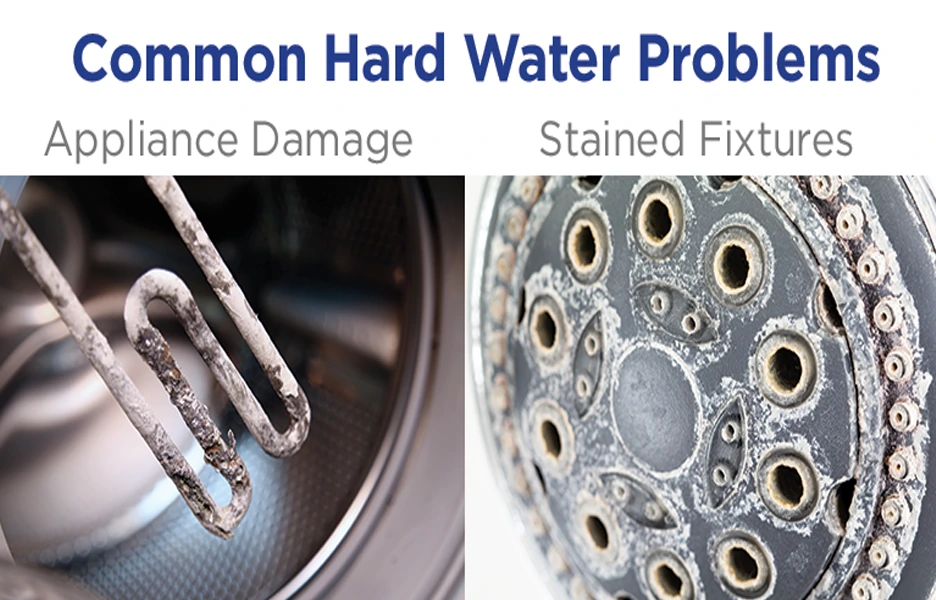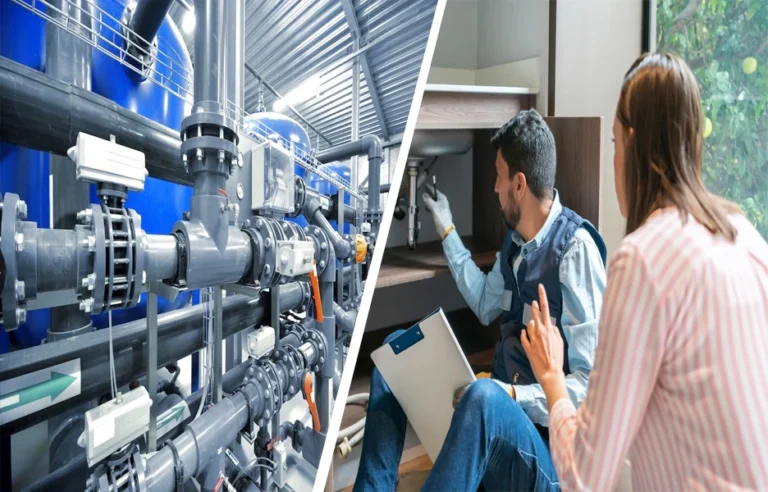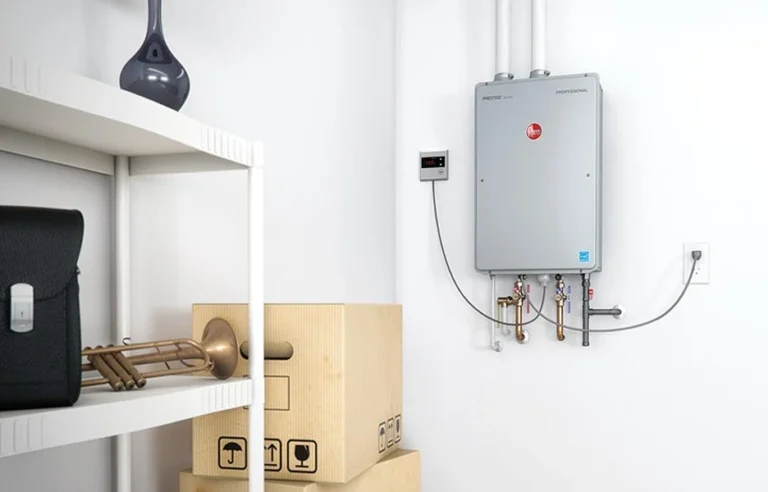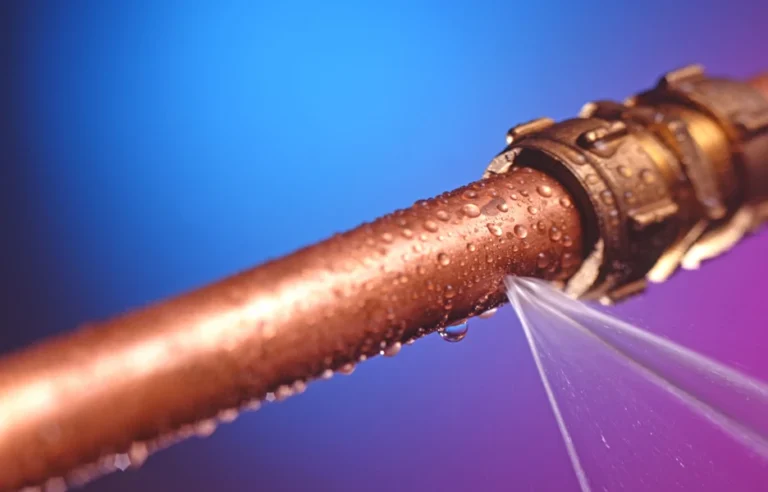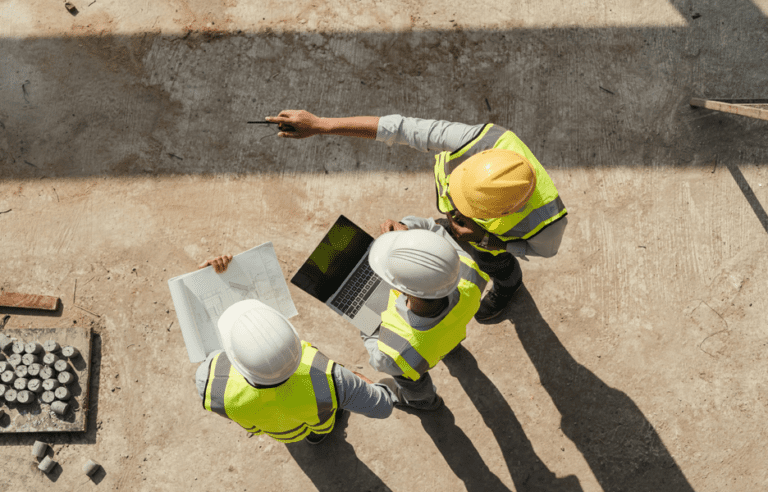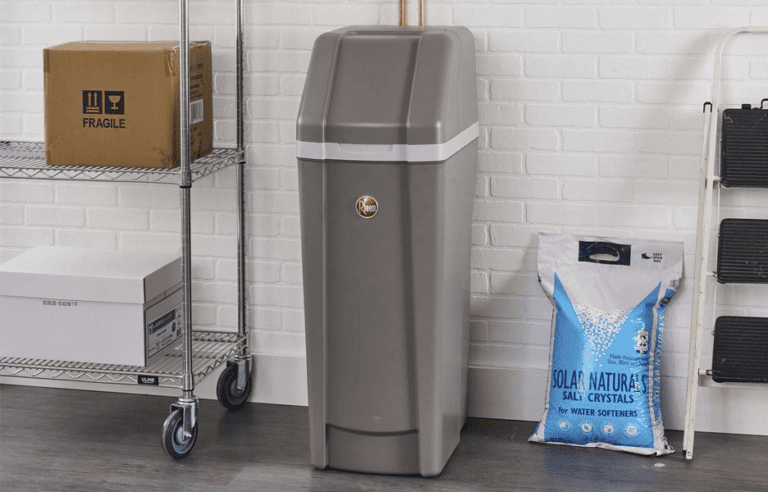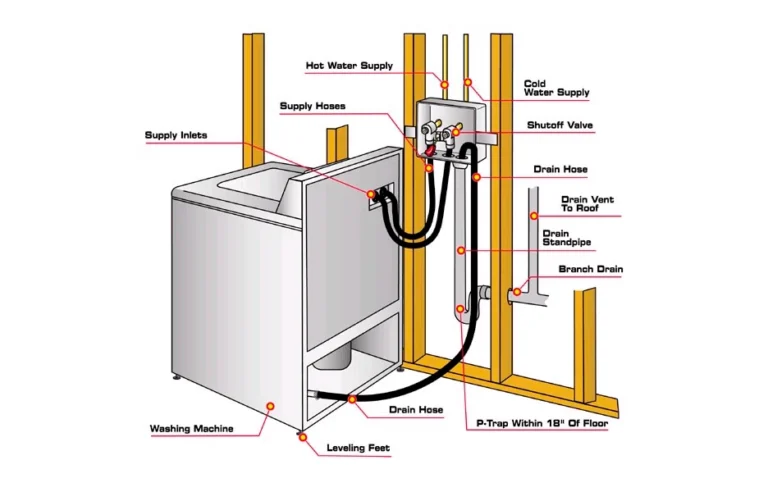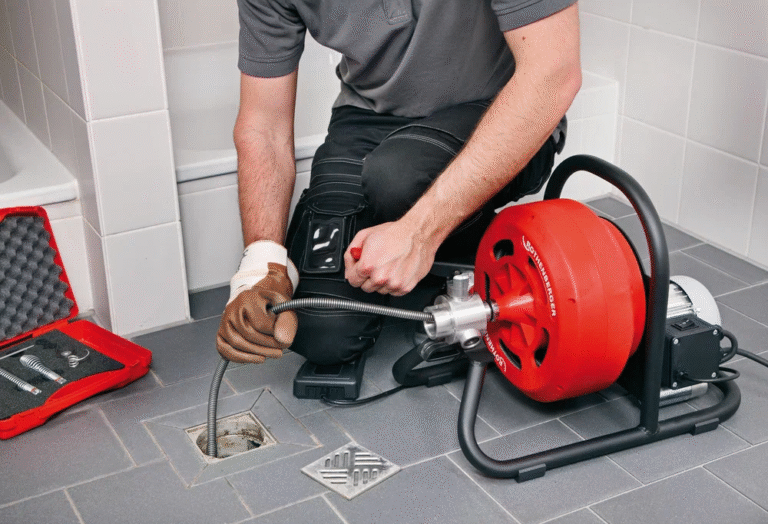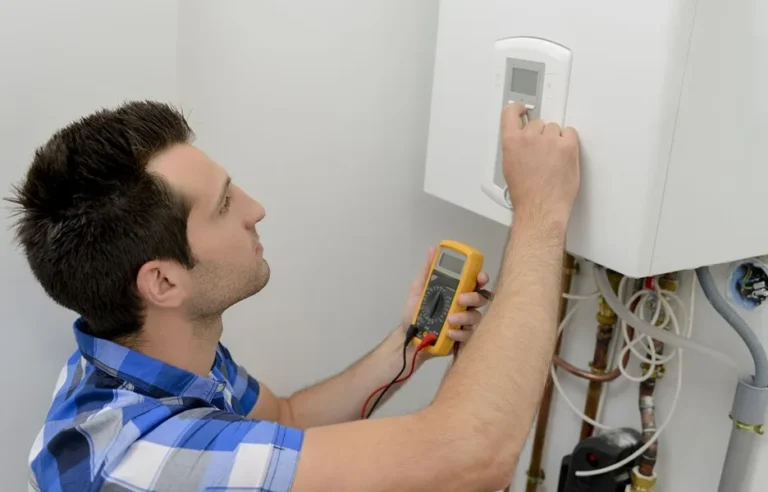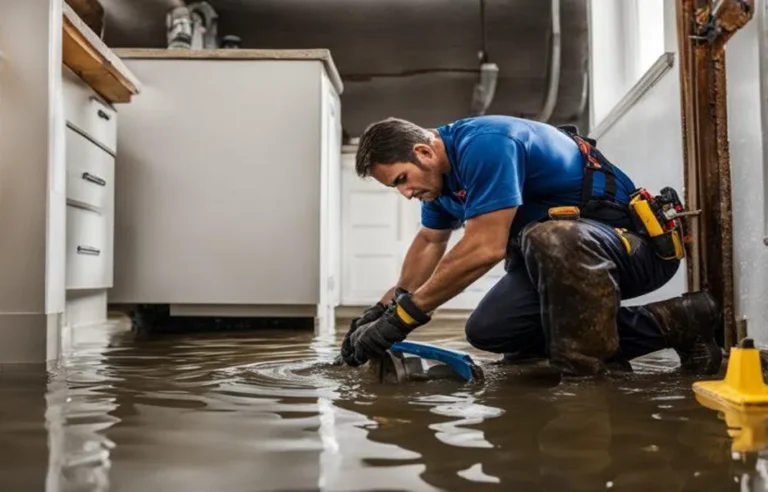Arizona is known for its warm climate and unique desert environment, but one challenge homeowners constantly face is extremely hard water. The high mineral concentration—especially calcium and magnesium—might seem harmless at first. However, the long-term effects on home appliances can be costly and frustrating if not addressed early.
This comprehensive guide breaks down exactly how hard water affects your appliances, the signs of damage, and the most effective ways to protect your home. Whether you’re in Phoenix, Scottsdale, Mesa, Gilbert, or Glendale, understanding this issue can save you hundreds of dollars in repairs.
1. What Makes Arizona’s Water So Hard?
Arizona’s water supply flows through mineral-rich soil and underground rock formations. As the water travels, it absorbs large amounts of calcium carbonate and magnesium, causing extremely high hardness levels.
Across the Phoenix metropolitan area, water hardness often ranges between 180–250 ppm, which places it in the “very hard” category. This level of hardness affects nearly every water-using appliance in your home.
2. The Hidden Damage Hard Water Causes to Home Appliances
Hard water doesn’t destroy appliances overnight—it slowly deteriorates their internal components, making the damage less noticeable until it becomes expensive.
Here are the appliances most affected:
2.1 Water Heaters
Water heaters are the most vulnerable because they deal with high temperatures, which accelerate mineral buildup. Over time, minerals settle at the bottom of the tank, forming a thick sediment layer.
Damage Caused:
- Reduced heating efficiency
- Longer heat-up times
- Noisy operation
- Shortened lifespan
- Higher energy bills
In many Arizona homes, sediment accumulation leads to premature water heater failure, requiring repair or replacement sooner than expected.
For professional help, visit:
Water Heater Installation & Repair in Arizona
https://apsplumbingaz.com/water-heater-installation-and-repair/
2.2 Dishwashers
Dishwashers experience constant mineral exposure. When hard water dries on dishes or internal components, it forms a cloudy white residue known as limescale.
Damage Caused:
- White spots on glassware
- Clogged spray arms
- Reduced water pressure inside the unit
- Inefficient cleaning cycles
- Soap not dissolving properly
- Worn-out heating elements
These issues make dishwashers work harder and fail earlier than expected.
2.3 Washing Machines
Hard water affects washing machines in two main ways: soap inefficiency and mineral buildup.
Damage Caused:
- Clothes feeling stiff after washing
- Faded colors
- More detergent required
- Mineral deposits on internal hoses
- Early wear on mechanical parts
Over time, mineral buildup can clog the water inlet and reduce the machine’s efficiency dramatically.
2.4 Coffee Makers & Small Appliances
Even small appliances that use water—such as coffee makers, ice machines, and humidifiers—are affected.
Damage Caused:
- Reduced water flow
- Weak coffee flavor
- Limescale in water chambers
- Small heating elements burning out
Although these appliances are inexpensive to replace, constant replacements add up over time.
3. Warning Signs of Hard Water Damage
Many homeowners don’t realize their appliances are suffering until the damage is severe. Watch for the following signs:
- White or chalky buildup on faucets or showerheads
- Soap scum that is difficult to remove
- Clothes feeling rough after washing
- Reduced water pressure
- Water heater making popping or rumbling sounds
- Dishes coming out cloudy after dishwashing
If you notice multiple signs, it’s likely that your appliances are already affected by mineral buildup.
4. How to Protect Your Appliances from Hard Water Damage
Preventing damage is much more affordable than repairing or replacing appliances. Arizona homeowners have several effective options.
4.1 Install a Water Softener
The most efficient long-term solution is to install a water softener, which removes calcium and magnesium through ion exchange.
Benefits:
- Extends appliance lifespan
- Reduces energy consumption
- Improves water heater efficiency
- Prevents scale buildup
- Makes soap work better
- Protects plumbing pipes
This single upgrade can significantly reduce home maintenance costs.
For professional installation:
Water Softener Installation
https://apsplumbingaz.com/plumbing-fixture-appliance-upgrades/
4.2 Schedule Regular Water Heater Maintenance
Arizona water heaters should be flushed once a year to remove sediment buildup. This simple maintenance task can extend the unit’s lifespan by several years.
For service options:
Water Heater Services
https://apsplumbingaz.com/water-heater-installation-and-repair/
4.3 Use Descaling Solutions for Smaller Appliances
For appliances like coffee makers and dishwashers, use vinegar or descaling products monthly to prevent limescale buildup. This method is inexpensive and effective.
4.4 Inspect Plumbing Lines & Valves
Mineral buildup doesn’t just affect appliances—it also accumulates inside plumbing pipes. Periodic inspections help identify:
- Slow-forming clogs
- Reduced pipe diameter
- Corrosion caused by mineral deposits
To schedule an inspection:
General Plumbing Services
https://apsplumbingaz.com/general-plumbing/
5. When to Call a Professional Plumber in Arizona
DIY maintenance helps, but some issues require professional expertise. Call a licensed plumber if you notice:
- Uneven water pressure throughout the home
- Constant appliance malfunction
- Unusual noises from the water heater
- Sediment in tap water
- Frequent clogging in dishwashers or washing machines
Addressing these issues early prevents more expensive repairs.
Conclusion
Hard water is a reality for nearly every household in Arizona. While it’s impossible to eliminate the minerals naturally present in the water supply, homeowners can dramatically reduce the damage these minerals cause. By installing a water softener, performing regular maintenance, and using descaling methods, you can extend the lifespan of major appliances and avoid unnecessary repair costs.
APS Plumbing AZ proudly serves Phoenix, Scottsdale, Mesa, Chandler, Gilbert, and surrounding areas with expert installation and maintenance services to help protect your home from hard water damage.

